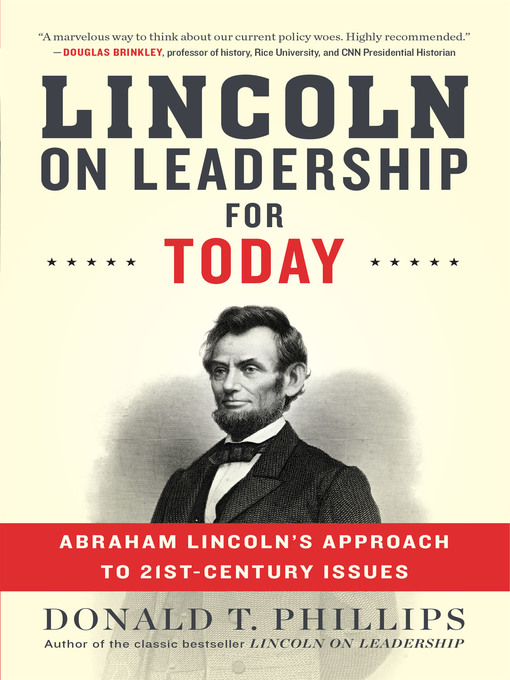A fellow blogger used to do this Monday Morning Quarterback kind of thing where he would blog about how worship went the weekend before. I think this might be helpful. Only I am calling mine "The Day After", reminding myself of the apocalyptic movie of my youth. I think I will review with less of a tick-tock and more of a general summary.
The Night Before
I am preaching in a different way than I ever have before while here at FBC North Platte. I am not sure that it is working, although my wife says it is.
Until about 2 years ago, I was generally a manuscript preacher. This means that I wrote out my entire sermon. I was trained to use sermon manuscripts in seminary, and Jene Bridgewater was one of my preaching mentors, and she always used a manuscript (usually finished an hour before worship).
Over time, I began to experiment with an outline that was shaped like a bulletin, and was only one page long. The first column visible was a cover, and the next three columns were the outline for the sermon. This allowed for a more conversational style, and more eye contact with persons in the congregation. I have continued this practice in North Platte.
When I came to North Platte, I prayed about what to preach, and I repurposed some sermons that had outlines with them. Now, after 6 months, the congregation likes to have a note-taking outline each Sunday. Sigh.
With this outline, a Powerpoint is also expected for the message. This had been the case for some of my sermons in Hot Springs, but when there were Powerpoint notes, they often were my sermon notes as well.
When I started this three part routine, I began by trying to put together the preaching outline first, and then derive my bulletin outline and Powerpoint from the prepared message. Lately this has turned around. I develop the Powerpoint and the bulletin outline first, and then draft the preaching outline the evening before, having it derived from how I put together the other two versions of the sermon. I think this works well.
This last week, knowing that people occasionally have a hard time knowing where we are in the bulletin outline, I took the bulletin outline of the message, and expanded on that with other material to flesh out the sermon. This seems to be a better process than vise versa, and the three-fold approach helps me to be more familiar with the material
Sunday School
I am sitting in with the children's class. I want to make kids ministry a priority here, even if we don't have a lot of kids yet. And, it avoids have to choose one adult class over another, or having to bounce around from class to class. It also allows us to use the two-adult rule.
We use an "internet" curriculum. It is not bad, but I think, as far as curriculum goes, we can do better. Especially if we want to grow the program.
Worship
I am still figuring out worship here at First Baptist. Historically, the service has been rather formal and somewhat traditional. Recently, there has been some movement toward contemporary worship and a more informal organization of the service. This more contemporary part of the service has been well done for the most part, but it is hard to sustain the momentum and depend on this every Sunday.
This last Sunday was a perfect example. We had nobody available for praise team. We attempted to have a mix between a more formal, scripted service and a less formal service with limited information. As we make changes, people still struggle to adapt. And I struggle to adapt to their "structure", and make it something comfortable for me.
There were hiccups, and not everything we tried worked (especially the children's song on video). Eventually we will get to a place ( I hope) where I don't feel like I am trying to implement other folks' vision for worship while also trying to do something that fits what I feel comfortable with.
The Sermon
People here in North Platte are Midwestern reserved. So I never really know how it is going. There are lots of times I feel like going to a manuscript would help me to craft my words better. And keep in better step with people's note-taking efforts.
I tend to move around a lot with my messages these days. I am not sure how that is working either. In the last three weeks, in part out of a recommendation from my Executive Minister, I try and make my way from the platform, down the stairs, to the floor, and then back up to the pulpit before I finish.
Even as I preach with notes, I tend to look at my notes less. This means that there are times the sermon does not flow the way it was planned, but it makes for a more heart-felt conversation between myself and the church.
I had a senior-pastor that discouraged the conversational tenor of my messages, telling me I could do conversational preaching if I wanted, but it would not work and it would not last very long. I always have that in the back of my head.
The sermon was on the armor of God. I finished the message with the refrain "Are you ready for the battle? Are you ready?"
After Worship
We had folks over for lunch. We are trying to be hospitable, and to teach the church to be the same way by setting a good example.
It was a good time, although toward the end of the dinner I got to speaking to much and listening to little. Which meant some of the other folks were eager to leave sooner than they might have been otherwise. Not a bad thing. I just need to reign myself in and facilitate a broader dinner conversation.
I like having people over for meals. And, practicing hospitality is something Scripture tells us to do.

















